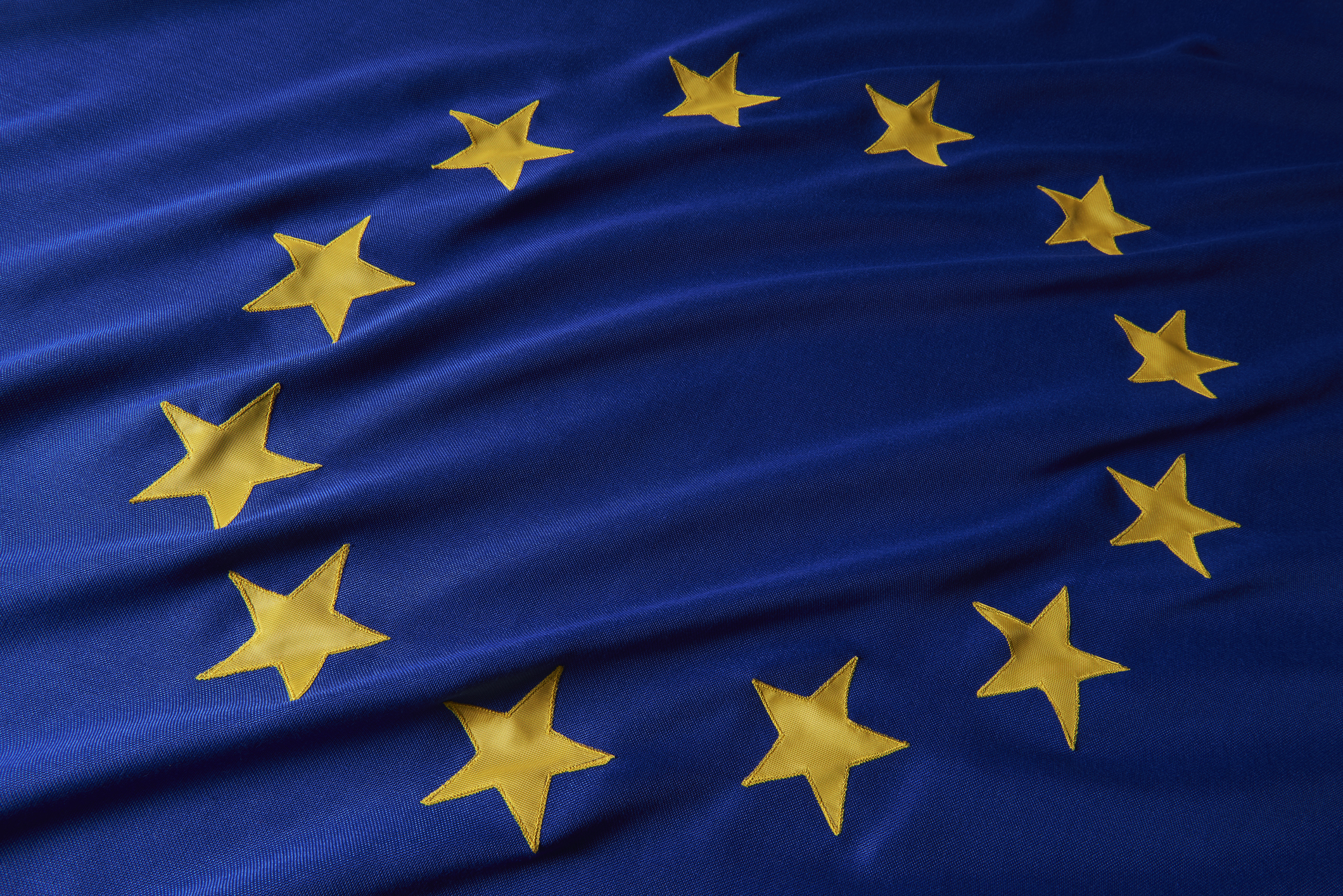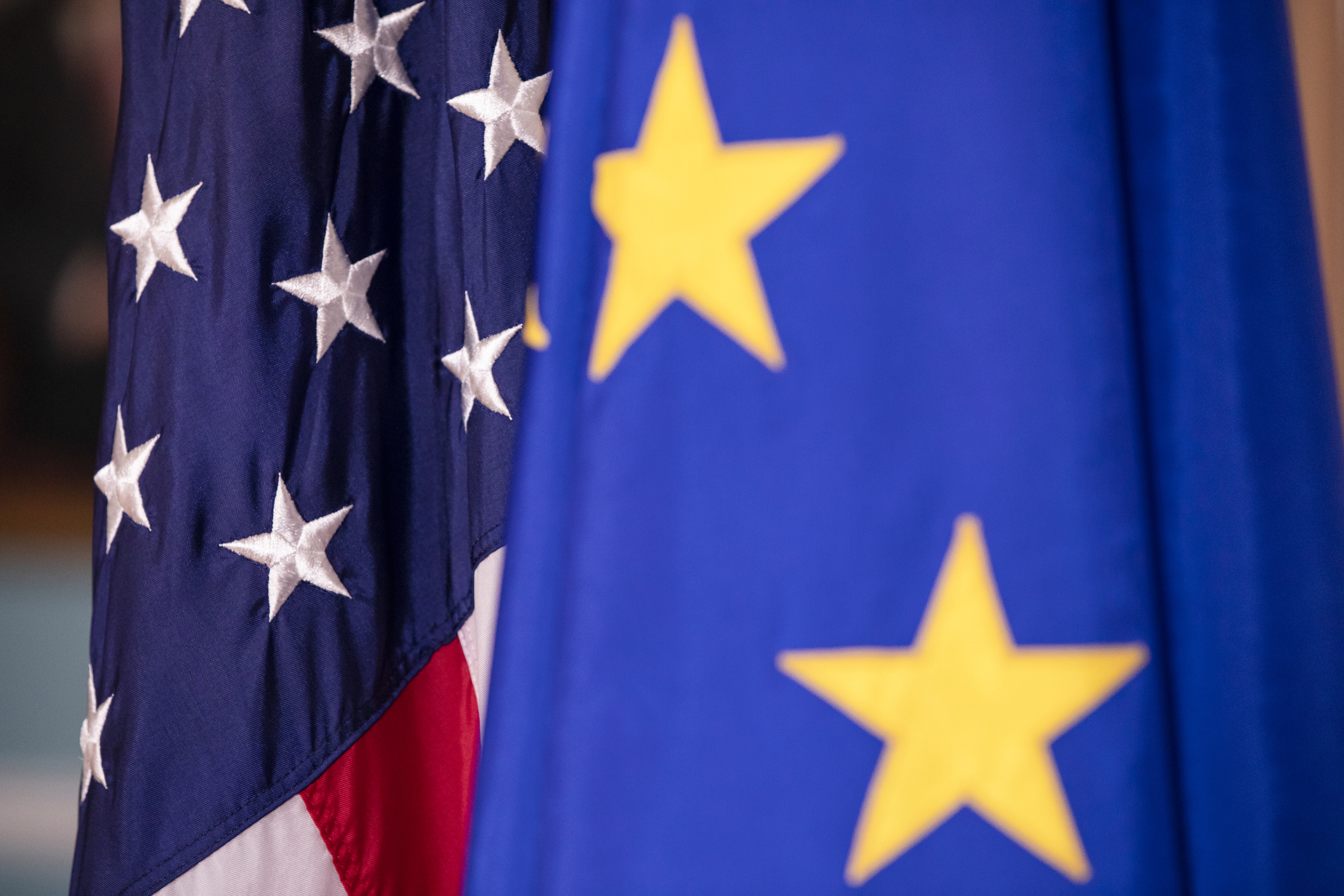Defending Europe against cyber attack
How ENISA helps EU member states with national cyber defences, as well as securing European-wide business networks.

Another of the three year programmes was to strengthen the resilience of European networks. With modern society becoming increasingly dynamic and competitive, ENISA considered network outages as one of the biggest challenges to business critical applications.
Pirotti said in ENISA's last quarterly review: "Public institutions, citizens and businesses all demand an acceptable level of service in the networks, with resilience to faults and challenges to their normal operation."
ENISA said that when it came to network security, it had to be honest some member states in Europe were better equipped than others. Rather than think of it as a negative, however, it was looked upon as an opportunity.
There was already some information sharing between countries but more on an ad hoc basis, which usually involved coincidence or a cultural proximity. One of ENISA's jobs was to make sure that countries shared information in a much more regular and structured way.
De Bruin said: "The way we do that is by brokering member states between those who have a need and those who could possibly help."
This was a big challenge, as there were the complexities as well as policy differences when it came from working with a range of European countries. It was also not always transparent, with national business infrastructures changing day to day.
De Bruin said of the network complexity: "It not like an energy grid or water supply that is stable. The internet is dynamic by nature, and that makes it complicated."
Get the ITPro daily newsletter
Sign up today and you will receive a free copy of our Future Focus 2025 report - the leading guidance on AI, cybersecurity and other IT challenges as per 700+ senior executives
Defending against cyber attacks
European businesses needed a strong network for many reasons, but also to counter the threat of cyber attacks. The 2007 Estonian cyber attack made Europe sit up and realise that a well-timed or well-aimed attack had the potential to completely cripple a network and a country's entire business infrastructure.
By 2010, ENISA hoped to have half of the European member states making use of ENISA networking recommendations that will affect their policy making. ENISA was in the process of working towards this target by working with national regulators, operators and technology vendors who are all play a part in offering Europe resilient technologies.
"This is a programme which has raised high attention with the EU member states," said De Bruin. "Also with the states that are already very well equipped, as they strongly believe that this is a something which cannot be solved simply on a national level and needs a European effort on top of it."
Importantly, ENISA was independent and trusted which meant that the European member states could rely on it to be fair on all the countries that it was trying to bring together. Competition and cultural difference was an obvious problem when member states had tried to work together previously.
-
 Bigger salaries, more burnout: Is the CISO role in crisis?
Bigger salaries, more burnout: Is the CISO role in crisis?In-depth CISOs are more stressed than ever before – but why is this and what can be done?
By Kate O'Flaherty Published
-
 Cheap cyber crime kits can be bought on the dark web for less than $25
Cheap cyber crime kits can be bought on the dark web for less than $25News Research from NordVPN shows phishing kits are now widely available on the dark web and via messaging apps like Telegram, and are often selling for less than $25.
By Emma Woollacott Published
-
 ‘Europe could do it, but it's chosen not to do it’: Eric Schmidt thinks EU regulation will stifle AI innovation – but Britain has a huge opportunity
‘Europe could do it, but it's chosen not to do it’: Eric Schmidt thinks EU regulation will stifle AI innovation – but Britain has a huge opportunityNews Former Google CEO Eric Schmidt believes EU AI regulation is hampering innovation in the region and placing enterprises at a disadvantage.
By Ross Kelly Published
-
 The EU just shelved its AI liability directive
The EU just shelved its AI liability directiveNews The European Commission has scrapped plans to introduce the AI Liability Directive aimed at protecting consumers from harmful AI systems.
By Ross Kelly Published
-
 A big enforcement deadline for the EU AI Act just passed – here's what you need to know
A big enforcement deadline for the EU AI Act just passed – here's what you need to knowNews The first set of compliance deadlines for the EU AI Act passed on the 2nd of February, and enterprises are urged to ramp up preparations for future deadlines.
By George Fitzmaurice Last updated
-
 EU agrees amendments to Cyber Solidarity Act in bid to create ‘cyber shield’ for member states
EU agrees amendments to Cyber Solidarity Act in bid to create ‘cyber shield’ for member statesNews The EU’s Cyber Solidarity Act will provide new mechanisms for authorities to bolster union-wide security practices
By Emma Woollacott Published
-
 The EU's 'long-arm' regulatory approach could create frosty US environment for European tech firms
The EU's 'long-arm' regulatory approach could create frosty US environment for European tech firmsAnalysis US tech firms are throwing their toys out of the pram over the EU’s Digital Markets Act, but will this come back to bite European companies?
By Solomon Klappholz Published
-
 EU AI Act risks collapse if consensus not reached, experts warn
EU AI Act risks collapse if consensus not reached, experts warnAnalysis Industry stakeholders have warned the EU AI Act could stifle innovation ahead of a crunch decision
By Ross Kelly Published
-
 Three quarters of UK firms unprepared for NIS2 regulations, study finds
Three quarters of UK firms unprepared for NIS2 regulations, study findsNews Senior management can be held personally liable for non-compliance under NIS2 rules
By Ross Kelly Published
-
 US-UK data bridge: Everything you need to know
US-UK data bridge: Everything you need to knowNews The US-UK data bridge will ease the complexity of transatlantic data transfers
By Ross Kelly Published